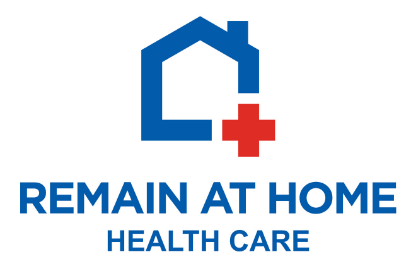Even for the healthiest and most sharp-minded of seniors, the deluge of paperwork required to capitalize on senior entitlements is enough to make one’s head spin. There is a great bit of fine print and no shortage of potential pitfalls. This is true for enrolling in Medicare supplemental policies, taking full advantage of VA benefits, and a myriad of other senior programs and policies designed to ensure happy and healthy golden years.
But there is a safety net. Lately there has been a major effort among U.S. legislators to enact what has come to be known as “Elder Law.” This specialized genre of directives has been put into place to guard against potentially catastrophic paperwork mistakes, fraud and even elder abuse.
While most age-specific legal cases are of a civil nature, involving Medicaid and Medicare, health insurance concerns, disability and estate planning, the unfortunate reality is that there are times when seniors are the victims of crimes in the form of abuse.

Brian Carrigan
Founder & Co-Manager
Financial fraud is the most pervasive and fastest-growing category of senior abuse addressed by Elder Law. A study issued by Consumer Reports revealed a staggering statistic: An estimated 5 million cases a year of financial abuse involve people over the age of 65.
Unfortunately, only one in five cases of this kind of crime is ever reported, as victims are too confused or embarrassed to tell anyone else they’ve been scammed. In many respects, seniors are the most vulnerable among us, as many have ongoing cognitive health problems which can lend to financial management issues.
Elder Laws exist for good reasons and should be explored by a competent, caring and trustworthy attorney. There are also many free legal advice volunteers that advocate for the elderly. These can be found via a local senior center, through AARP or oftentimes, through one’s physician.
With a little bit of effort in the area of outreach, seniors and their loved ones can receive the kind of guidance and advice that helps smooth out rocky passages and offers peace of mind, which is the very least we can do for our aging citizens.




